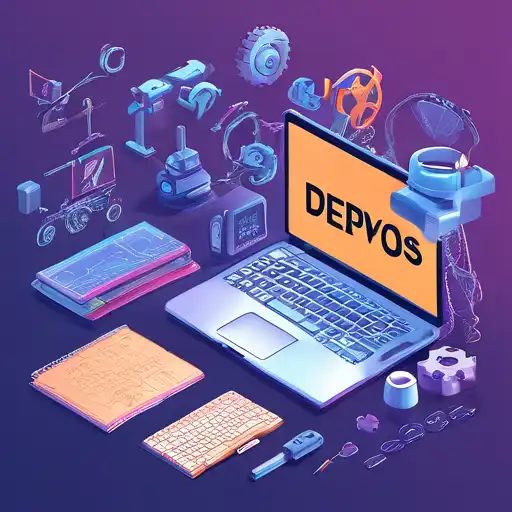Introduction to DevOps in 2023
As we step into 2023, the DevOps landscape continues to evolve, bringing forward tools that streamline software development and operations. This guide highlights the essential DevOps tools you need to know to stay ahead in the fast-paced world of technology.
Version Control Systems
Version control is the backbone of DevOps practices. Git remains the undisputed leader, with platforms like GitHub, GitLab, and Bitbucket offering robust solutions for code management and collaboration.
Continuous Integration and Continuous Deployment (CI/CD)
CI/CD pipelines are critical for automating the software delivery process. Tools like Jenkins, CircleCI, and GitHub Actions enable teams to automate testing and deployment, ensuring faster and more reliable releases.
Configuration Management
Managing infrastructure as code is easier with tools like Ansible, Chef, and Puppet. These tools help in automating the configuration of servers, reducing manual errors and saving time.
Containerization and Orchestration
Docker continues to dominate the containerization space, while Kubernetes is the go-to for orchestration. Together, they provide a powerful platform for deploying scalable and manageable applications.
Monitoring and Logging
To ensure application performance and reliability, tools like Prometheus for monitoring and ELK Stack (Elasticsearch, Logstash, Kibana) for logging are indispensable. They provide real-time insights into application health and help in quick troubleshooting.
Cloud Platforms
Cloud computing is integral to DevOps. AWS, Azure, and Google Cloud Platform offer comprehensive services that support DevOps practices, from infrastructure provisioning to application deployment.
Conclusion
Embracing these DevOps tools in 2023 will empower teams to achieve higher efficiency, better collaboration, and faster delivery cycles. Staying updated with the latest tools and practices is key to thriving in the dynamic field of DevOps.
For more insights into DevOps practices, check out our guide on DevOps best practices.
